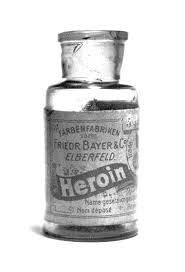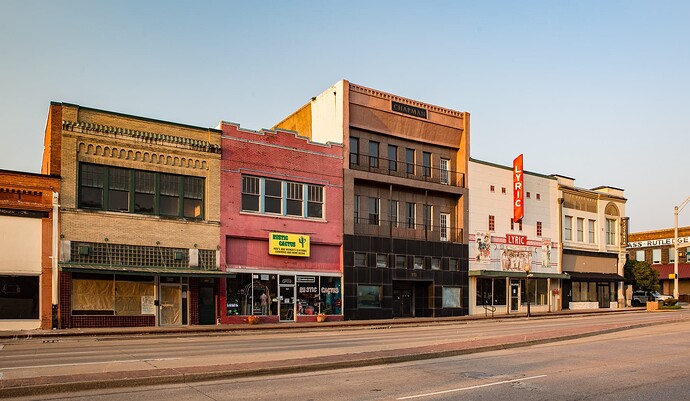Yeah and you’re the one not aware of real life documented scientific reality, and using your feelings as an argument
a) No country has ever tried hard drug dispensaries, which should tell you something.
b) Given a) and my first-hand experience with the drug and the people who use it regularly, yes I feel more comfortable going with my intuition on this over a first-principles thought experiment.
Again, let me know when someone tries this and we’ll see how it goes.
Definitely interesting from a Darwinian perspective. What if any insects pollinate them and from what other plants?

In the 1890s you could order a package of cocaine and a syringe in the Sears and Roebucks catalog.
Also you had open borders at that time.
Plenty of people here have similar exposure to you with hard drugs.
I think the “even liberal countries haven’t tried it” argument is assuming the answer.
In pretty much every country, at the edge of acceptable drugs policy is a policy that
- reduces harm to users
- reduces crime
- reduces costs
And theres clear evidence for it. Yet that policy doesn’t get implemented because of idiots.
Where that line is depends on the country, but wherever it is. The line of implemented drug policy is set by political expediency not evidence.
The only way to find out is to try. Right now you are just arguing based on your feelings against others and their feelings. Only the legalize everything side has the additional argument that it would stop the war on drugs which I expect is killing and hurting way more people than the amount of people willing to try crack because it is legal.
FWIW I believe it is broadly understood by historians that Prohibition caused a large reduction in drinking, much of which endured after the passage of the 21st amendment. I’m not an expert on this, but I am spoken to historians who say that it also led to significant reductions in domestic violence and accidents.
Well, the first source I see (below) says it dropped sharply to 30%, but then rose up to 60-70% of pre-prohibition levels. The trend anyway, was going back to normal.
We all know this, but it’s worth repeating that legalization != social acceptance
I mean we can see that lots of jobs (especially the less white collar you go) test for weed, and that had a gigantic head start on social acceptance to crack and heroin
Alcohol of course being the king of the socially accepted ruin-or-end-your-life-and-the-lives-of-those-around-you drugs
Whoever designed the Workday online applications deserves a special spot in hell. I don’t know how this company is even in business.
I’m curious if any architecture heads could tell me something. What kind of architecture is this? This is one city, but generally I’m looking for this kind of architecture that’s all through Texas towns that were founded in the late 1800’s. I don’t know exactly when the buildings themselves got built though, but if you look up any small town in Texas founded before WW2 they’ll have a main street like this.
It’s not just a Texas thing.
Few things are more depressing than seeing what American towns and cities used to look like before they bulldozed everything for strodes and mini malls.
The stroads are good
That is your hottest take yet
I think stroads are terrible, but also think it’s a pretty normal take. They work for people who want to drive everywhere and somehow either aren’t bothered by the ugliness of the stroadworld or don’t make the connection between stroads and half the world being road or parking lot.

